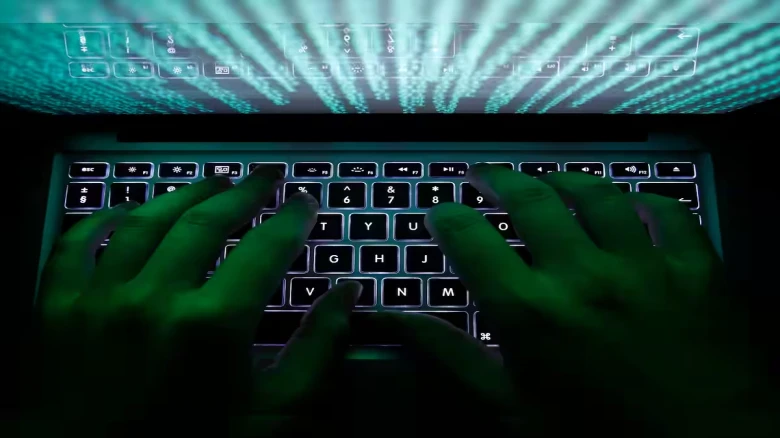Regional

India has experienced a dramatic upswing in ransomware and Internet of Things (IoT) cyber attacks during the...
Digital Desk: India has experienced a dramatic upswing in ransomware and Internet of Things (IoT) cyber attacks during the first half of 2023, with criminals increasingly adopting stealthier methods of malicious activities, as revealed by the latest report from cybersecurity firm SonicWall.
Contrary to major economies such as the United States and the United Kingdom, which reported a decline in ransomware attacks, India has witnessed an alarming 133 percent increase, placing it alongside Germany, which has seen a 52 percent surge in such attacks. These findings were disclosed in the SonicWall Mid-Year Cyber Threat Report for the January–June period.
On a global scale, the report outlined a broader range of escalating cyber threats, including a staggering 399 percent increase in crypto-jacking attacks, a 37 percent rise in IoT malware incidents, and a 22 percent uptick in encrypted threats.
In contrast, the report noted a noteworthy 41 percent decline in ransomware attacks worldwide. Analysts attributed this decline to factors like heightened law enforcement efforts, stricter sanctions, and victims increasingly refusing to comply with ransom demands. These shifting dynamics have prompted threat actors to explore alternative means of revenue generation.
The evolving tactics of cybercriminals have further complicated the threat landscape, with criminals diversifying their skill sets to target critical infrastructure. As a result, organizations are under pressure to reevaluate their security strategies.
Debasish Mukherjee, Vice President of Regional Sales for Asia-Pacific and Japan (APJ) at SonicWall, emphasized the significant risks posed by these cyberattacks to India's economic aspirations. Industries spanning from manufacturing to pharmaceuticals are becoming more susceptible to attacks as they continue to digitize their operations.
The report indicated that the scope of attacks has broadened considerably. Educational institutions, government bodies, state and local administrations, retail establishments, and healthcare systems are now being targeted at unprecedented rates. The repercussions of these attacks range from system downtime to economic losses and reputational damage.
Notably, the education sector experienced an astounding 320-fold increase in crypto-jacking attacks, while government entities and healthcare facilities saw attacks surge by 89 and 69 times, respectively.
IoT malware attacks surged globally by 37 percent, with nearly 78 million incidents reported by the end of June. Cybercriminals are exploiting weak entry points within connected devices, utilizing them as potential vectors for infiltrating organizations.
SonicWall's Vice President of Product Security, Bobby Cornwell, explained that cybercriminals are adapting their strategies to focus on attack methods that offer lower costs and reduced risks, yet promise high returns. This shift in approach elucidates the higher levels of cybercrime observed in regions like Latin America and Asia. By seeking out vulnerabilities with minimal consequences, hackers maximize their potential profits while minimizing exposure.
SonicWall's President and CEO, Bob VanKirk, underlined the intensification of the digital assault on global enterprises, governments, and citizens. The evolving threat landscape necessitates renewed efforts in cybersecurity to mitigate the escalating risks posed by cyberattacks. As the digital realm continues to expand, the imperative for proactive cybersecurity measures becomes increasingly evident.
Leave A Comment